To All of You Who Love Me,
I love life. I have even come to love the struggles. I love overcoming them. I love our ability to transform our lives. I love how we love each other and how that love never ends. I love meeting new people and sharing the journey of this life with them for as long as I get to. I love life.
At some point in this life we share, I will no longer be able to physically journey along with you. No one knows the manner of his or her life, but I wanted you to keep some things in mind when my body starts to no longer serve its purpose. Please remember that I do not wish to die in the hospital if that can be avoided. I know that might be impossible, but if at all possible, I wish to die at home or in hospice care. Since dying at home might make things difficult for you, reach out to those in the alternative death care world. Find a death doula or get connected with hospice at home. Get support for yourselves.
If you wonder what kind of music I want to hear, remember I have always loved the music others want to share with me the most. I have always connected to people who love music and I have grown in my appreciation of music by the love others have shown me of the music dear to their hearts. On the other hand, if you wish to sing I would love to hear the Paschal Cannon, The Paschal Tropar in as many languages as you can manage, The Angel Cried and the Pascal Verses. You might notice a theme here. That is not by accident.
I want each of you to know that I love you and forgive whatever little thing you think stands between us. It does not. I hope that you can forgive my shortcomings for I know they are many.
Love,
Caroline
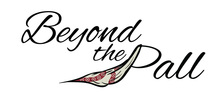
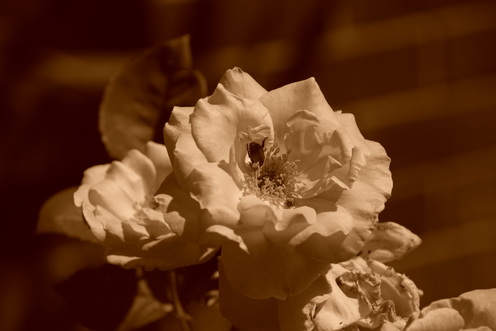

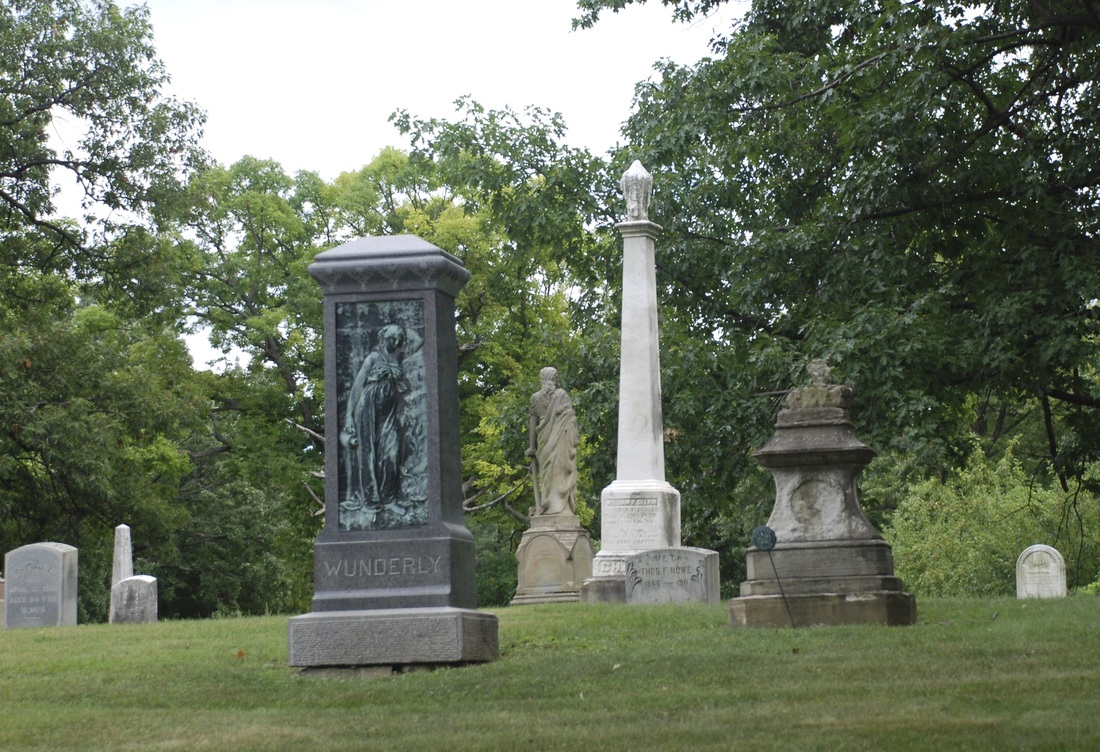
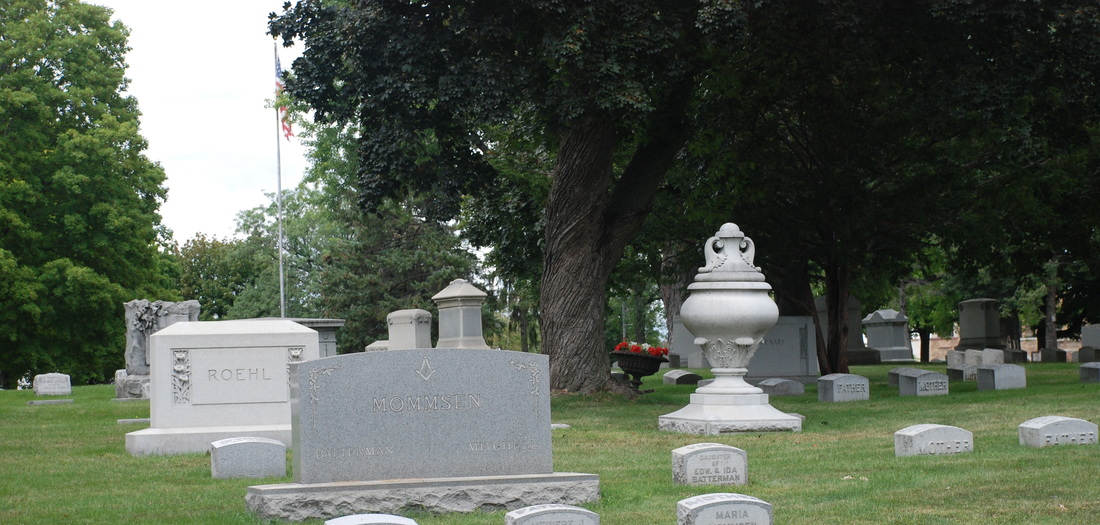

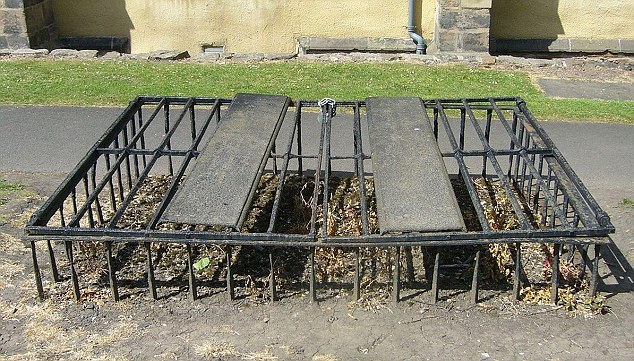
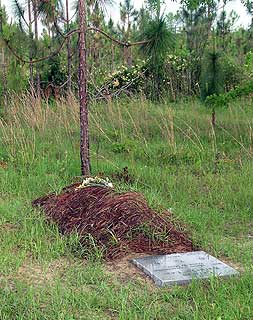
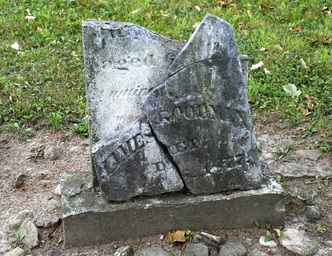
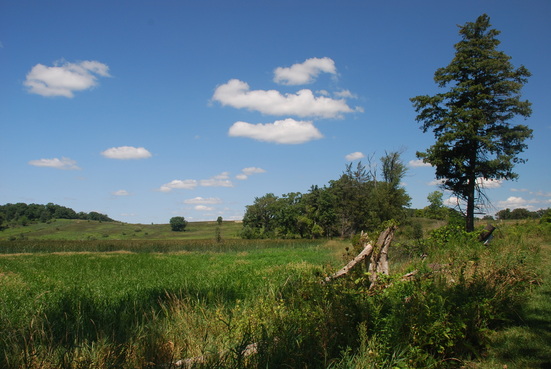
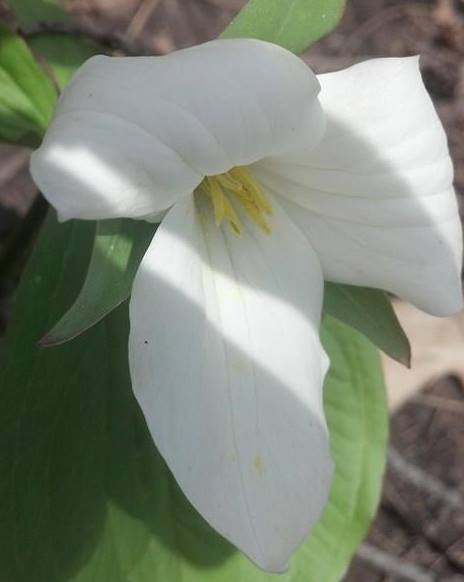
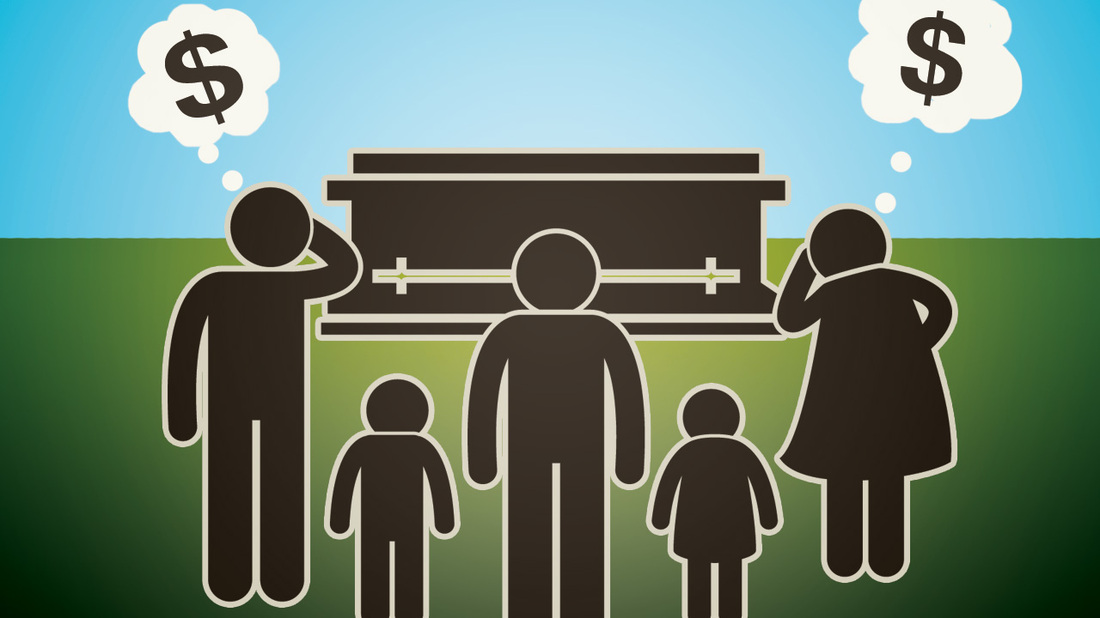

 RSS Feed
RSS Feed